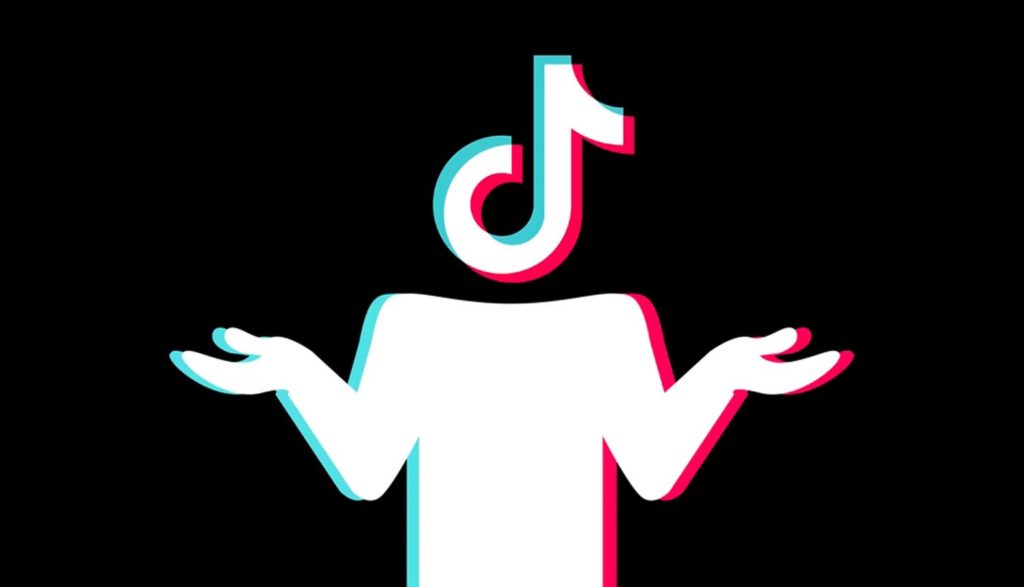Experts have linked social media and adverse mental health outcomes in the last few years. Researchers have identified a correlation between high social media usage among adolescents and skyrocketing rates of anxiety, depression and suicidal ideation. Scientists believe that comparison, the desire for affirmation via likes and the potentially addictive nature of social media may all be playing a role in these problematic outcomes.
Now, some doctors have begun to connect social media with another malady: Specifically, how TikTok seems to be linked to an increase in Tourette’s Syndrome-like symptoms among tween and teen girls.
In mid-October, Wall Street Journal writer Julie Jargon published an article titled “Teen Girls Are Developing Tics. Doctors Say TikTok Could Be a Factor.” According to the article, girls were watching TikTok videos of people with Tourette’s Syndrome (which manifests itself in involuntary movements and sounds), then developing seemingly involuntary verbal and physical tics themselves. Jargon writes:
“No one has tracked these cases nationally, but pediatric movement-disorder centers across the U.S. are reporting an influx of teen girls with similar tics. Donald Gilbert, a neurologist at Cincinnati Children’s Hospital Medical Center who specializes in pediatric movement disorders and Tourette syndrome, has seen about 10 new teens with tics a month since March 2020. Before the pandemic, his clinic had seen at most one a month.”
She also notes, “Doctors say most of the teens have previously diagnosed anxiety or depression that was brought on or exacerbated by the pandemic.”
It’s important to note here that the connection between girls watching these videos and beginning to exhibit similar physical or verbal tendencies is anecdotal, not the result of a rigorous and controlled scientific study. In fact, some in the Tourette’s Syndrome community have expressed outrage at the story. They’re angry because they feel the story oversimplifies a complex psychological and physiological condition. They also fear it may result in young people with this condition not being taken seriously.
Jaleesa Jenkins, a 24-year-old YouTube influencer who was diagnosed with Tourette’s as a teen, told inputmag.com, “When I was first trying to get diagnosed, I was accused by doctors who thought I was faking it for attention. This will make that worse for a lot of people. Especially since they’re saying if you have tics similar to people on TikTok, you must be faking.”
I believe there are a couple of important takeaways for parents regarding this overarching story—especially if you have tweens or teens who use social media regularly.
On one hand, this story potentially presents another data point connecting social media and negative mental health outcomes among young users. Yes, these reports are anecdotal. But there seems to be some evidence of the kind of influence certain videos can have among those who watch them. In this case, there are legitimate questions about whether adolescent girls may be influenced to behave in ways similar to something they’ve seen in an online video. As parents, one of our jobs is to pay close attention to behavioral changes in our kids, and to consider what influences—such as social media—may be involved in those changes.
On the other hand, the criticism of this story reminds us that mental-health issues are often much more complex than an attention-grabbing headline—the kind that may well show up on parents’ newsfeeds. As we—and our teens—read stories online, we’d do well to remember that sometimes the truth about an issue is deeper and more complex than a simple A + B = C formula. In this case, we’re reminded that an issue as complex (and often emotionally difficult) as Tourette’s Syndrome involves a lot more than a teen unconsciously mimicking what she’s seen onscreen.







Recent Comments